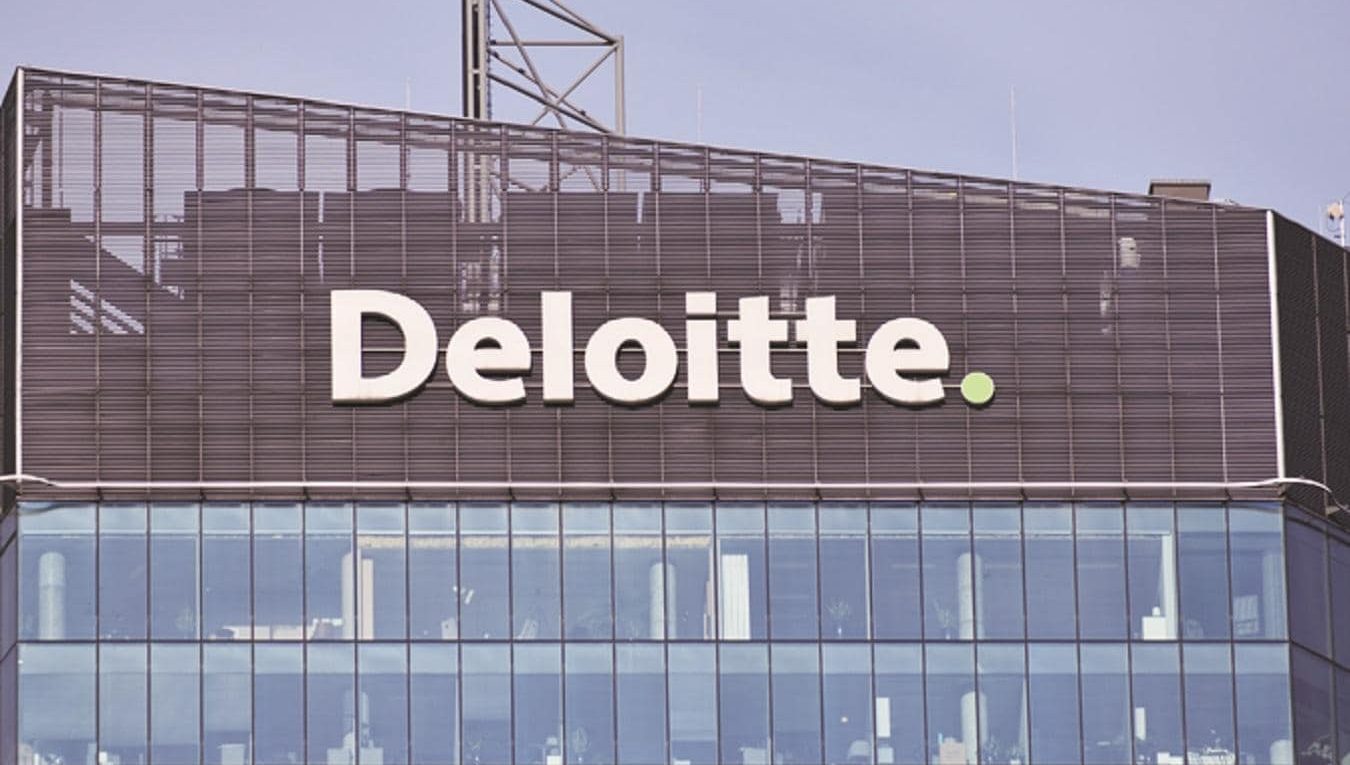Adani Group firm says reasons for Deloitte resignation not convincing
Before resigning as an auditor of an Adani Group firm, Deloitte had sought an independent external examination of allegations made by a US short-seller but the company said the allegations had no effect on financial statements and the reasons cited for quitting were not convincing to warrant such a move.
In a 163-page filing with stock exchanges relating to Deloitte Haskins & Sells LLP’s resignation, Adani Ports and Special Economic Zone (APSEZ) said that in meetings with its leadership, Deloitte indicated concern over a lack of a wider audit role as auditors of other listed Adani companies.
However, the firm conveyed to the auditor that it was not within its remit to recommend such appointments as other entities are “completely independent”.
“The Audit Committee (of APSEZ) was of the view that the grounds advanced by Deloitte for resignation as Statutory Auditor were not convincing or sufficient to warrant such a move,” said Gopal Krishna Pillai, former union home secretary and chairman of the Audit Committee of APSEZ, in a statement.
“Deloitte was not willing to continue as … auditor and, therefore, it was agreed to amicably end the client-auditor contractual relationship,” he said.
It went on to state that it had given a qualified opinion in audit of financial statements for quarters ended March 2023 and June 2023.
APSEZ appointed MSKA & Associates, an independent member firm of BDO International, as its statutory auditors in place of Deloitte, until the date of its next annual general meeting to be held in 2024, the company said in a filing.
Deloitte, which had been the auditor of APSEZ since 2017 and was in July 2022 given another five-year term, had in May first raised concern over certain transactions flagged in the report of Hindenburg Research.
These included recoveries from a contractor identified in the Hindenburg report. Hindenburg in its January 24 report that levelled allegations of fraud, stock manipulation, and money laundering against the Adani Group, had also flagged inadequate disclosures of related party transactions. Adani Group has denied all allegations.
“We requested the company to initiate an independent external examination of these allegations to determine whether these allegations may have any possible effect on the standalone financial statements of the company,” Deolitte said.
Adani Group did not consider it necessary to have an independent external examination of these allegations because of their evaluation and the ongoing investigation by the Securities and Exchange Board of India (SEBI).
“The assessment by the company did not constitute sufficient appropriate audit evidence for the purposes of our audit,” Deloitte said.
In the absence of the independent external examination and the pending completion of investigation by SEBI, the auditor said it cannot comment if the company was fully compliant with the law and if the transactions flagged may result in possible adjustments and/or disclosures in the financial statement in respect of related parties.
The six-member expert panel appointed by the Supreme Court in May found no regulatory failure or signs of price manipulation in the Adani Group stocks in its interim report.
The transactions flagged by Deloitte included engineering, procurement and construction (PEC) purchase contracts with a subsidiary of a party identified in the Hindenburg report.
“As at March 31, 2023, a net balance of Rs 2,457.05 crore is recoverable from this contractor, of which Rs 713.63 crore relate to security deposits paid to the contractor and Rs 1,501.50 crore in respect of capital advances,” it said.
Also, the group “re-negotiated the terms of sale of its container terminal under construction in Myanmar” to Anguilla-incorporated Solar Energy Ltd. The sale consideration was revised from Rs 2,015 crore to Rs 246.51 crore and an impairment charge was taken. The group told the auditor these are not related parties.
“The same has been confirmed by Deloitte in their resignation letter dated August 12, 2023 to the company,” it added.
In the aftermath of Hindenburg report, Adani group stocks lost about USD 150 billion in market value at the lowest point, but have since regained by around USD 50 billion after it paid debt and sold stake in group firms to investors such as US-based boutique investment firm GQG Partners and Qatar Investment Authority.
This month, Adani’s Ambuja Cements acquired a smaller rival Sanghi Industries for up to USD 295 million, its first major purchase since the Hindenburg turmoil.
(Only the headline and picture of this report may have been reworked by the Business Standard staff; the rest of the content is auto-generated from a syndicated feed.)
